Purchasing a home stands as one of life's most substantial financial investments. Beyond the initial excitement, questions and uncertainties may begin to surface. Is the wiring safe? Will the roof hold up under pressure? What hidden issues could be lurking behind the walls?
To help uncover the full picture of a home's condition, buyers enlist professional home inspectors to conduct a thorough evaluation. These experts meticulously scrutinize all aspects of the property, helping identify any repairs or problems that should be addressed.
When armed with a home inspection report, buyers gain powerful insights to make an informed decision on pursuing the purchase. Let's explore home inspections in more detail and how they enable buyers to invest in their new property with greater awareness and confidence.
The Inspection Breakdown: Key Areas of Focus
Experienced home inspectors evaluate distinct elements of a home during their assessments. Among the most critical areas they analyze are: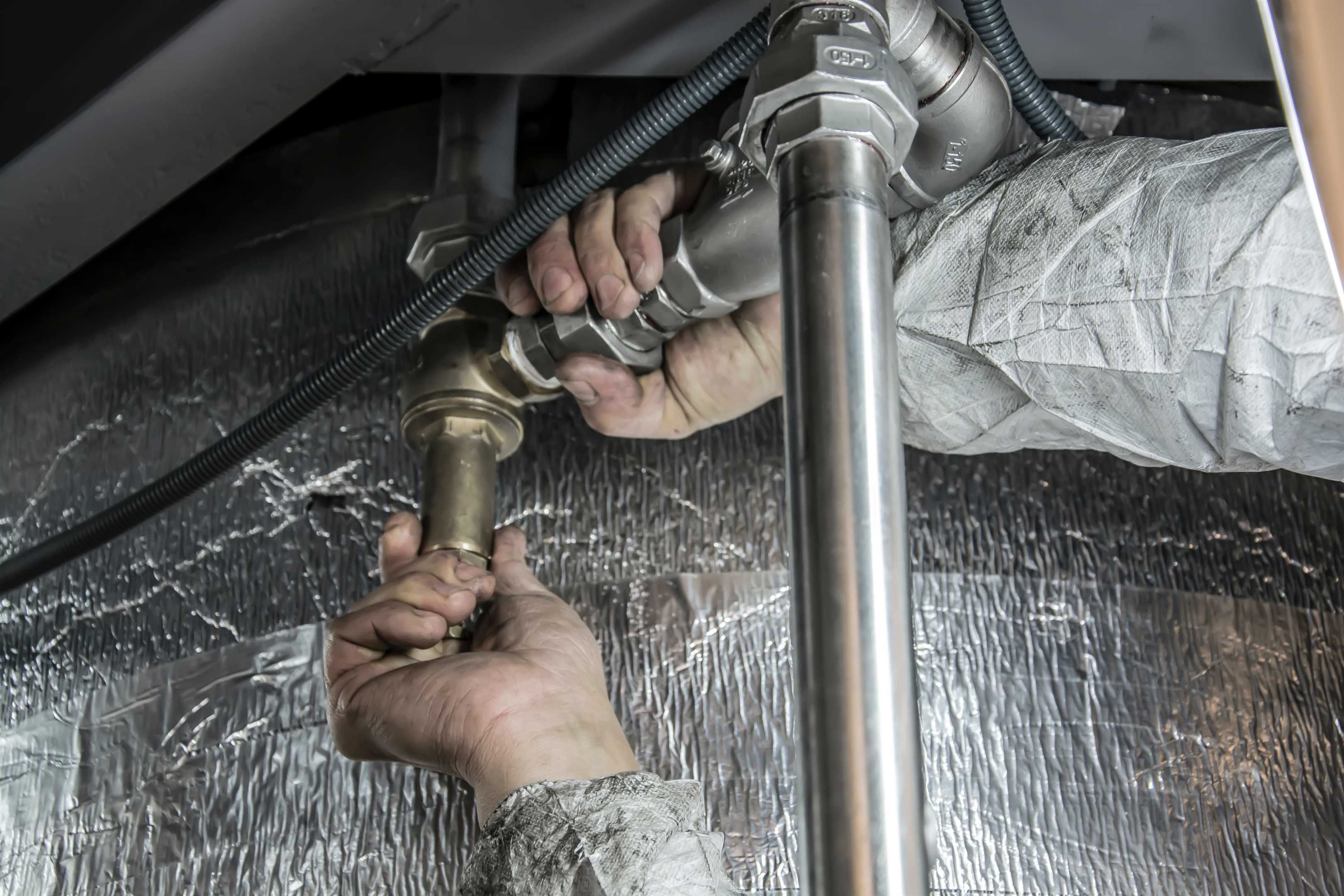
- Plumbing systems for leaks, clogging, water pressure issues, type of pipes, and rust buildup. Faulty plumbing can lead to extensive water damage and even mold growth.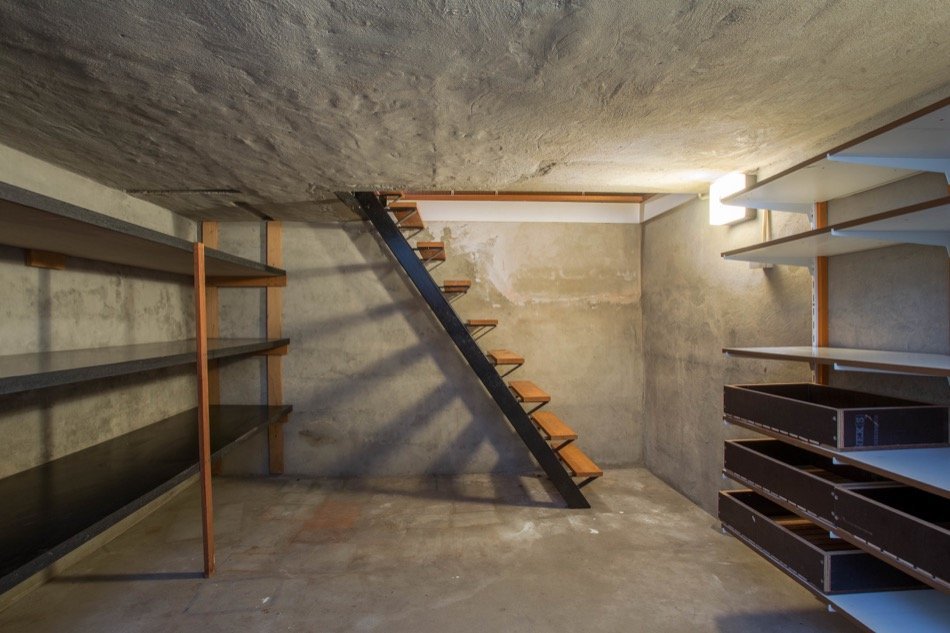
- Basement moisture and leaks. Inspectors check walls and floors for white mineral deposits and musty odors indicating dampness issues. Waterproofing may cost you a lot of money.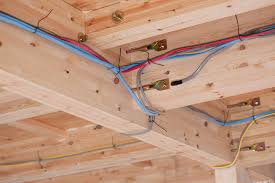
- Electrical systems for sufficient amperage, properly marked circuits, and potential fire hazards like overloaded outlets. Upgrading a fuse box to a circuit breaker panel can be expensive.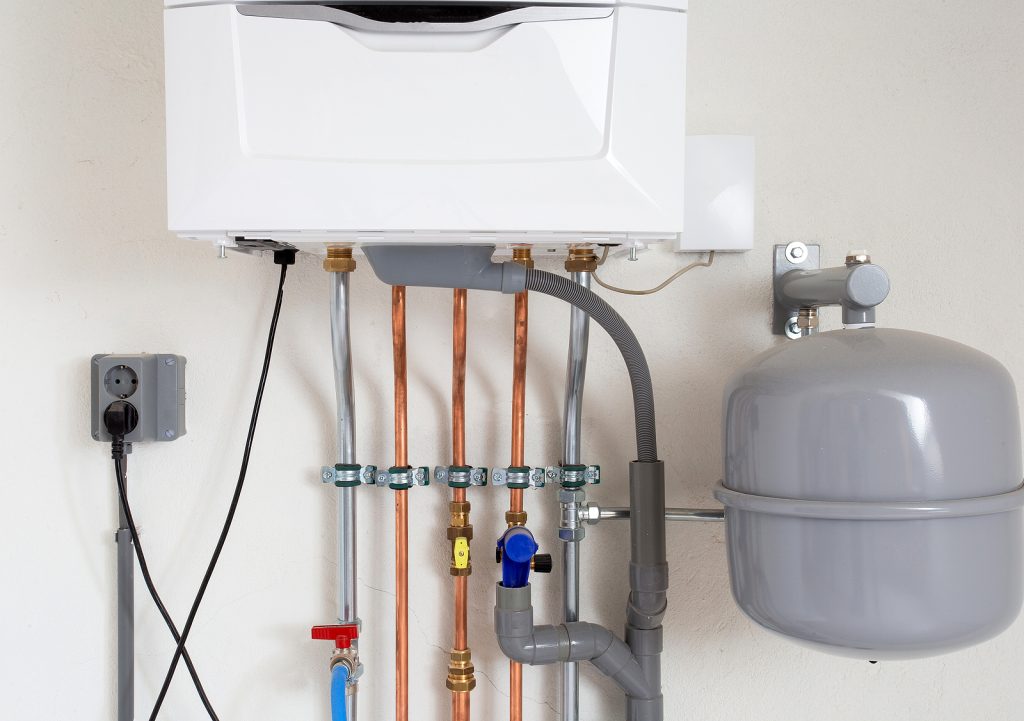
- Heating and cooling. Checking all equipment for rust, energy efficiency, proper air flow and safe operation. This is a very important part to ensure health and safety in the home.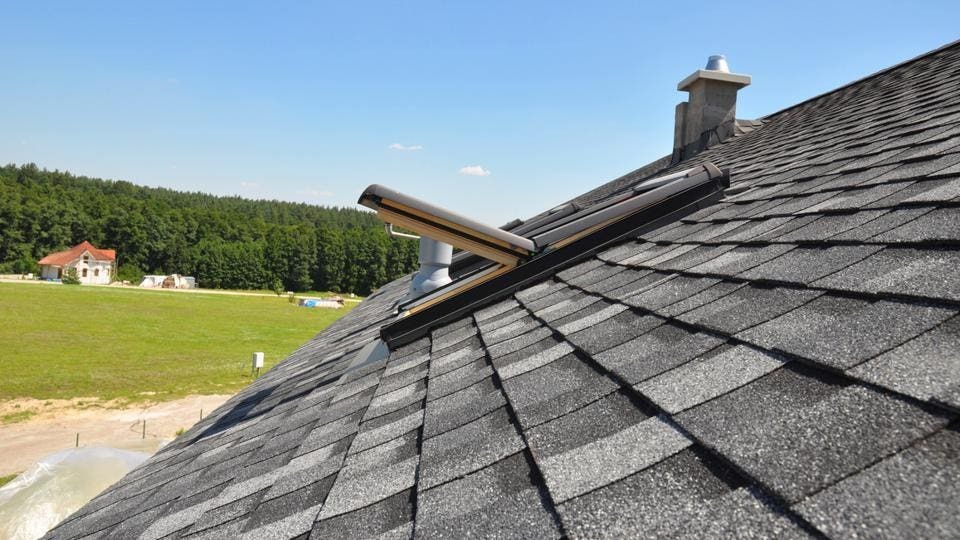
- Roof conditions. Checking for damaged or missing shingles, age of the roof, and functionality of gutters/downspouts is a vital part of the home's overall health.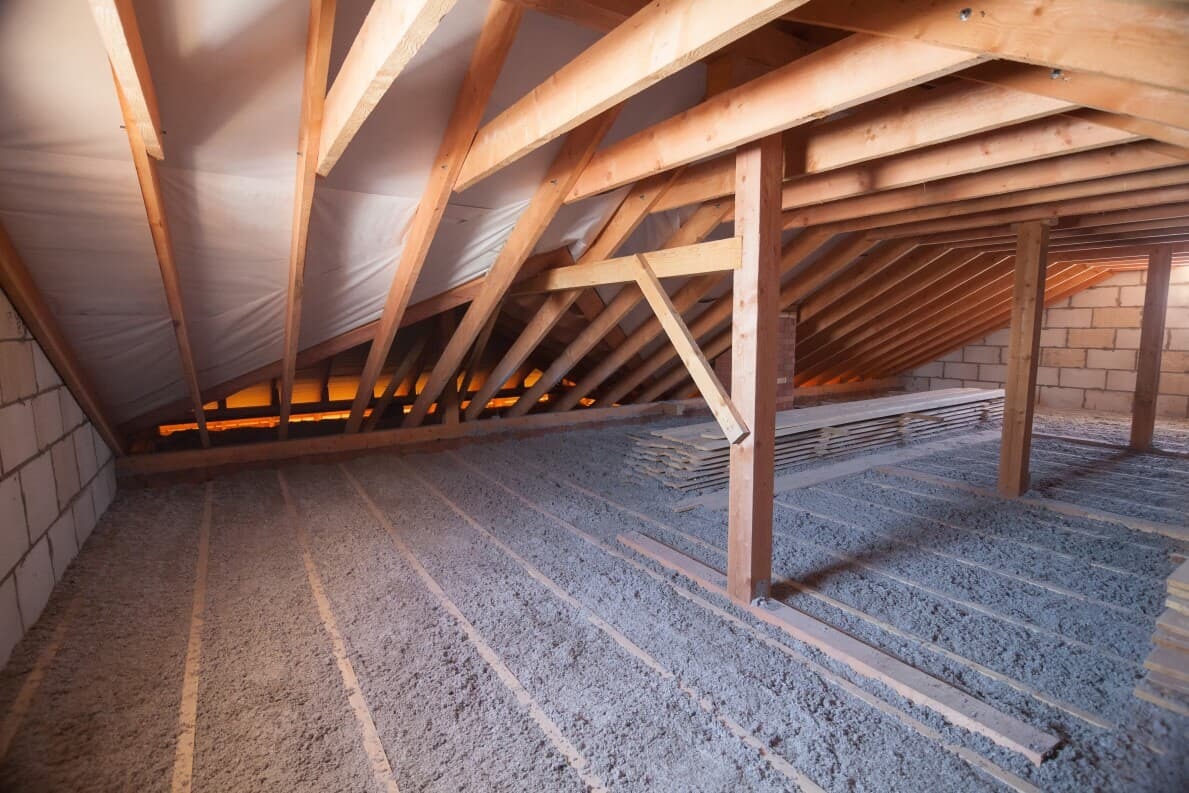
- Attic insulation, ventilation and leakage issues that can lead to moisture damage if left unaddressed. Improving attic systems can keep your heating bill down, and avoid any leaks in your ceiling.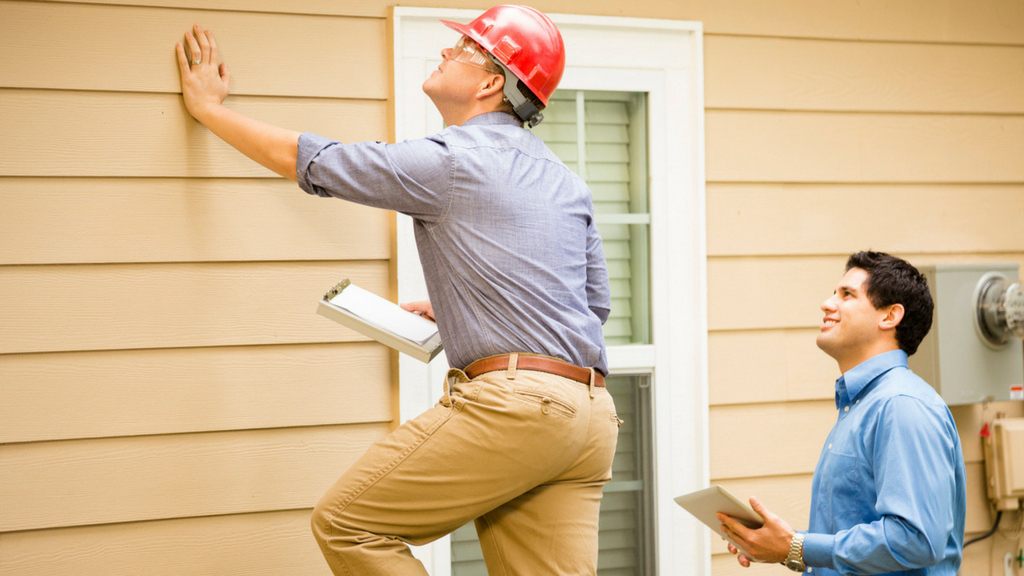
- Structural foundation. They look for large cracks in walls or ceilings that could indicate shifting or settling issues. Foundation repairs can be very costly to fix.
In addition to these major systems, inspectors examine siding, windows, wood rot, electrical safety, locks, and smoke/CO2 detectors to provide a 360 degree view of the property's overall health and safety.
Arming Buyers with Knowledge
While home inspections provide helpful insights, they cannot guarantee a problem-free home. What they can do is empower buyers to make fully informed decisions about large investments.
Understanding inspection limitations, buyers can still use reports to negotiate credits or request sellers address key repairs. For minor issues, buyers themselves can easily tackle basic improvements.
Ultimately, a home inspection helps new owners rest easier knowing they have thoroughly evaluated their prospective home prior to purchase. Buyers can then invest in their new abode with greater confidence, clarity, and peace of mind.
To help uncover the full picture of a home's condition, buyers enlist professional home inspectors to conduct a thorough evaluation. These experts meticulously scrutinize all aspects of the property, helping identify any repairs or problems that should be addressed.
When armed with a home inspection report, buyers gain powerful insights to make an informed decision on pursuing the purchase. Let's explore home inspections in more detail and how they enable buyers to invest in their new property with greater awareness and confidence.
The Inspection Breakdown: Key Areas of Focus
Experienced home inspectors evaluate distinct elements of a home during their assessments. Among the most critical areas they analyze are:

- Plumbing systems for leaks, clogging, water pressure issues, type of pipes, and rust buildup. Faulty plumbing can lead to extensive water damage and even mold growth.

- Basement moisture and leaks. Inspectors check walls and floors for white mineral deposits and musty odors indicating dampness issues. Waterproofing may cost you a lot of money.

- Electrical systems for sufficient amperage, properly marked circuits, and potential fire hazards like overloaded outlets. Upgrading a fuse box to a circuit breaker panel can be expensive.

- Heating and cooling. Checking all equipment for rust, energy efficiency, proper air flow and safe operation. This is a very important part to ensure health and safety in the home.

- Roof conditions. Checking for damaged or missing shingles, age of the roof, and functionality of gutters/downspouts is a vital part of the home's overall health.

- Attic insulation, ventilation and leakage issues that can lead to moisture damage if left unaddressed. Improving attic systems can keep your heating bill down, and avoid any leaks in your ceiling.

- Structural foundation. They look for large cracks in walls or ceilings that could indicate shifting or settling issues. Foundation repairs can be very costly to fix.
In addition to these major systems, inspectors examine siding, windows, wood rot, electrical safety, locks, and smoke/CO2 detectors to provide a 360 degree view of the property's overall health and safety.
Arming Buyers with Knowledge
While home inspections provide helpful insights, they cannot guarantee a problem-free home. What they can do is empower buyers to make fully informed decisions about large investments.
Understanding inspection limitations, buyers can still use reports to negotiate credits or request sellers address key repairs. For minor issues, buyers themselves can easily tackle basic improvements.
Ultimately, a home inspection helps new owners rest easier knowing they have thoroughly evaluated their prospective home prior to purchase. Buyers can then invest in their new abode with greater confidence, clarity, and peace of mind.
We would like to hear from you! If you have any questions, please do not hesitate to contact us. We are always looking forward to hearing from you! We will do our best to reply to you within 24 hours !

